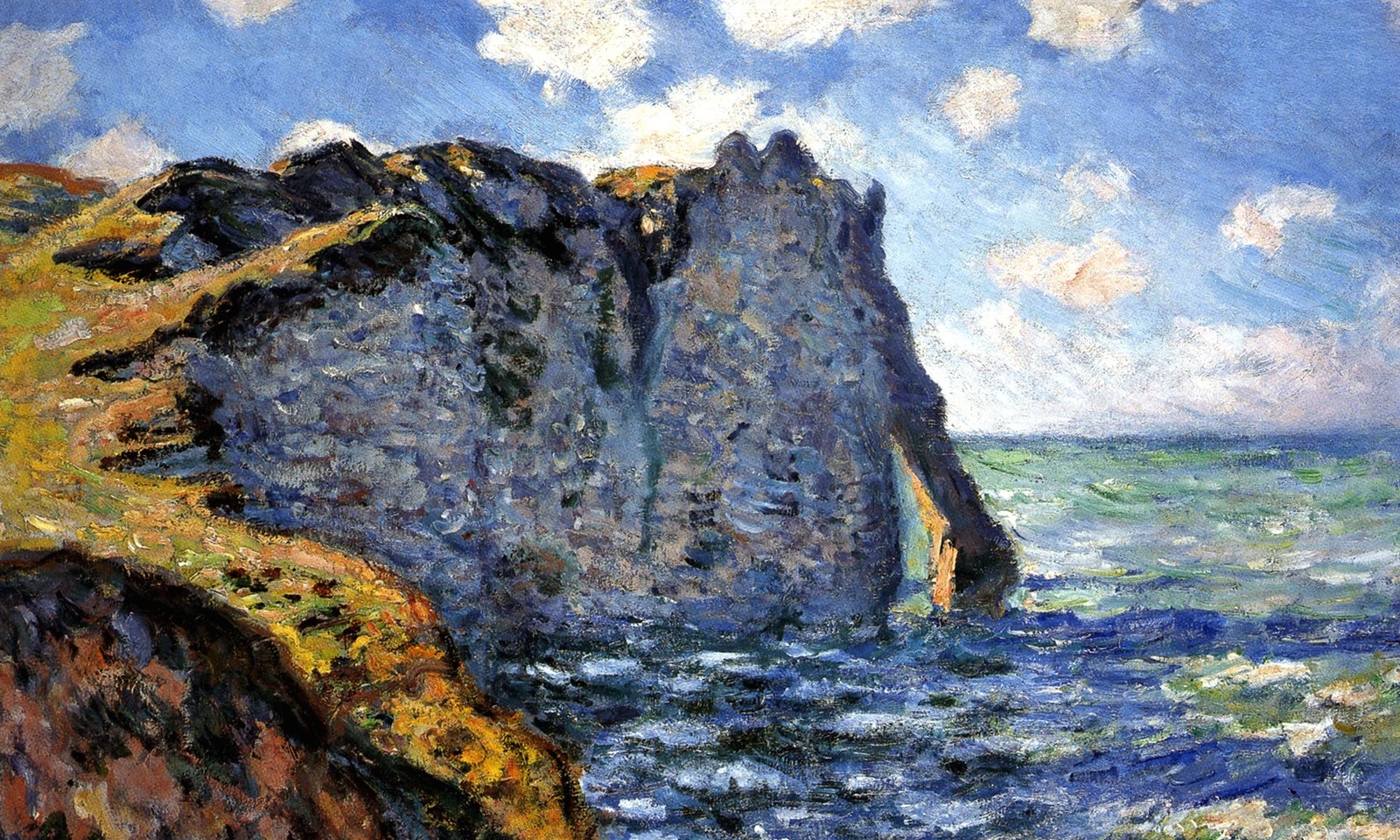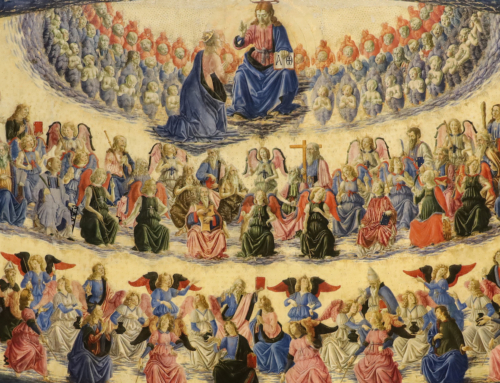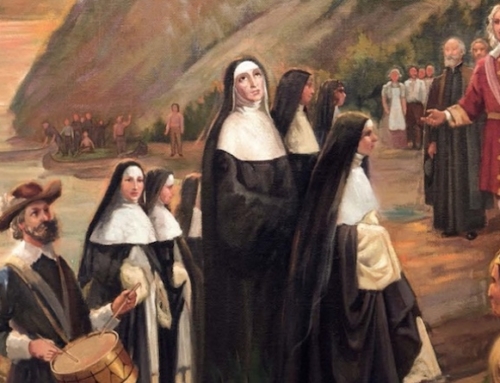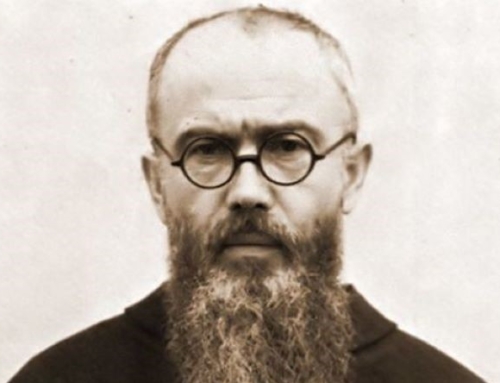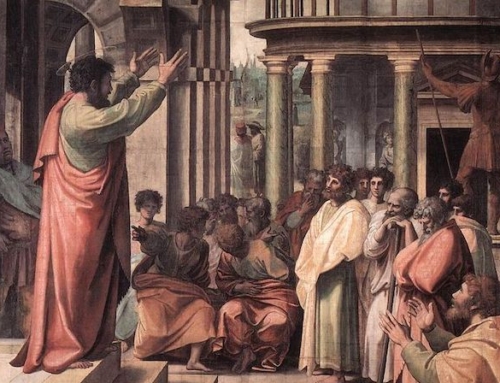The Christian faith is about God—not only because God is its subject-matter, but also because God is its source. God had something to say to us, something he thought it would be good for us to know, and something which, if he had not told us, we would not otherwise have known. The Christian faith, therefore, is a kind of knowledge, because it arises from a revelation, and the reception of this specific revelation establishes human beings in a new relationship to God.
To say this much is already to distinguish Christian faith from two common misconceptions. The first is the familiar idea that faith is contrary to reason. Proponents of this view often deny the existence not only of revelations from God but of God himself. To which St. Paul classically responds, “Ever since the creation of the world God’s invisible nature . . . has been clearly perceived in the things that have been made. So they are without excuse” (Rom 1:20). In themselves, the existence and nature of God are not really matters of faith. God can be known, and indeed should be known, simply from the order, even the mere existence, of the universe. In the end, the rationalistic atheist ends up holding the rather dubious proposition that everything has a cause except everything.
And if God is generous enough to create the universe, to keep it in existence, and to give life to spiritual creations such as human beings, is it really so incredible that he, like a good parent, has not abandoned us but sought to teach us and to bring us into intimate union with himself?
And is it really very surprising that this education in divine things should involve an element of darkness? Such intimate knowledge of the infinite Creator is beyond the capacity of human reason alone. So when God speaks to us in Christ he illumines our minds by a special grace called the virtue of faith. By this gift—despite the remaining darkness—the mind is brought into contact with God and begins to share in God’s own knowledge of himself. (How’s that for anti-rational?) Whoever believes in Christ is like someone who has emerged from a subterranean cavern and now waits for his eyes to adjust to the light of the sun.
There is another kind of faith—optimistic but inadequate—which offers a kind of vague assurance that, whatever one’s relation to revealed religion, everything is going to be fine in the end. When someone uses this notion to excuse himself from taking seriously claims of divine revelation, the situation is like that of the man caught in the flashflood: having declined to be rescued by car, boat, and helicopter, he places all of his confidence in a direct intervention by God. Swept away by the waters, the man meets his Maker asking why nothing was done to save him, only to be told that God had sent a car, a boat, and a helicopter. The Christian claim is that God has already sent us the means of salvation: the doctrine of Christ, the sacraments, the Church. These means make it possible for us to be happy with God now and for eternity. By contrast, it is uncertain whether a hazy optimism will be much help when the waters come.
Such are the conceptual counterfeits the virtue of faith is cast among, and it is important to be able to distinguish the genuine article, not only because faith is our gateway to the Christian mysteries but also because faith itself is one of these mysteries. Receiving the gift of faith, we begin to be taken up into the re-creation of the world.
In order to foster this appreciation of the virtue of faith, Dominicana has asked a number of Dominican theologians to comment on St. Thomas Aquinas’ reflections on faith in his great work the Summa Theologiae. Over the next two weeks, the blog will post a short video each day that focuses on some particular aspect of Aquinas’ treatment. After all, the life of faith is not an unthinking acquiescence; as St. Augustine put it, to believe in Christ is “to think with assent.”
✠
- What Faith Is and What It Isn’t – Most Rev. Charles Morerod, O.P.
- Faith and/as Thinking – Fr. Liam Walsh, O.P.
- Faith’s Explicit Content – Fr. Bryan Kromholtz, O.P.
- Habitus and Caritas: The Legs That Enable Faith to Stand and Walk – Fr. Nicanor Austriaco, O.P.
- The Faith of Angels – Fr. Serge-Thomas Bonino, O.P.
- Faith-Based Fear Is Nothing To Be Afraid Of – Fr. Romanus Cessario, O.P.
- The Dialectic of Faith and Unbelief – Fr. Joseph Ellul, O.P.
- Three Dead-End Streets of Unbelief – Fr. Thomas Joseph White, O.P.
- The Demands of Faith – Fr. Michael Mascari, O.P.
✠
Image: Claude Monet, The Manneport

